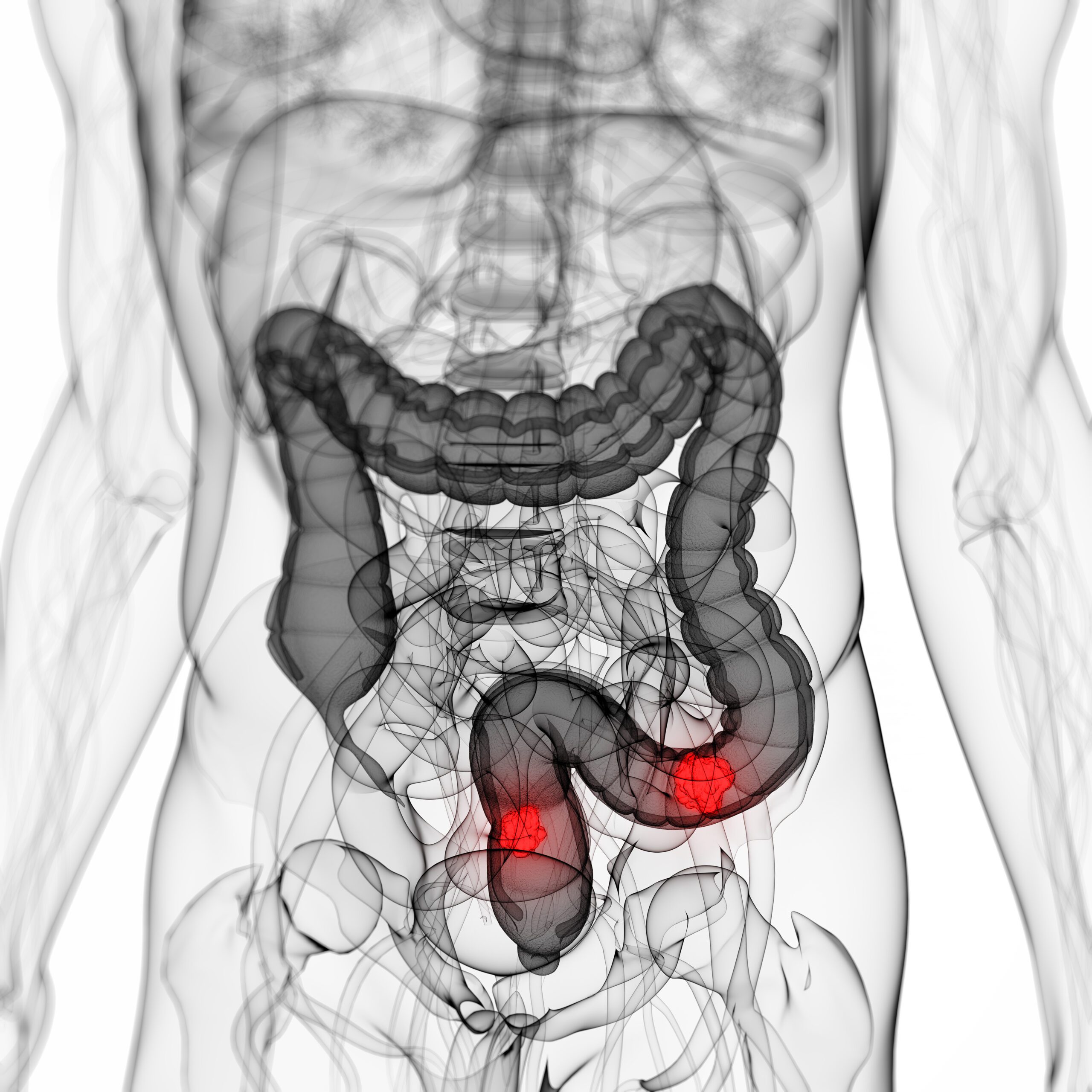Colorectal Cancer: 7 Surprising Risk Factors Young Men Need to Know
June 30, 2023
 832
832 
Written By: Jack Riess NASM Certified Personal Trainer and Life Long Researcher of Health and Longevity.
Hey, there’s this sneaky cancer, you’ve probably heard of it – it’s called colorectal cancer.
It’s sneaky because it often doesn’t show signs until it’s already up to no good.
It’s the third most common bad guy out there worldwide, right behind lung and breast cancer. Each year in the USA, over 150,000 people discover they have to fight this cancer.
That’s a lot, right?
Most people who have to deal with this are older, usually over 45, with the average age being 66.
Now the good news:

Fewer older people are getting this cancer, and that’s partly because they’re being really smart and getting checked regularly after they turn 50.
This helps doctors find and remove tiny growths called polyps before they can turn into cancer.
How cool is that?
But here’s where it gets less cool: more younger people, those under 45, are facing this cancer.
The rate has been going up since the 90s.
But some clever scientists have been on the case.
They’ve identified seven risk factors that increase the chance of young men getting colorectal cancer.
They suggest that younger guys at higher risk should also get checked early.
So, who are these guys at risk?

The researchers looked into the lives of almost 1000 men between 35 and 49 who had been diagnosed with colorectal cancer.
They found out 15 things that might make it more likely for someone to get this cancer.
Of these, they highlighted seven main clues:
Turns out, some things put you at risk more than others.
Like having a family member with colorectal cancer, or not taking statins and NSAIDs.
Our lifestyle choices also play a part.
CDC (short for Centers for Disease Control and Prevention) tells us things like not moving enough, not eating enough fruits and veggies, eating too much fat and processed meats, being overweight, drinking alcohol, and smoking can all up the risk.
The interesting part is, losing weight was a risk factor too, but that’s probably because the cancer was already there causing the weight loss, not the other way around.
But don’t worry…
We can all make changes in our lifestyle to reduce the risk.

For example, eating a balanced diet, doing regular exercise, and avoiding processed food, too much red meat, and alcohol can reduce the chances by as much as 80%.
Yes, 80%!
The researchers are clear that not all younger men need to start getting screened right away, but if you’re at a higher risk, it might be a good idea.
Especially if you’re between 45-49, you should definitely get screened. It’s like a sneak peek into your future health.
Remember, it’s always better to be safe than sorry!
So, hey, if you’re one of them, why not take this chance to outsmart that sneaky colorectal cancer?
Let’s join hands in the fight against it!

A new study suggests that a widely used sugar substitute found in diet sodas, chewing gum, and low-sugar yogurt may elevate insulin levels. This could increase the long-term risk of heart disease. “Artificial sweeteners have infiltrated nearly all types of food, making it crucial to understand their long-term health effects,” said Yihai Cao, senior author […]

Diet Coke has long been a fan-favorite among soda lovers who want a fizzy, guilt-free alternative to traditional soft drinks. While its zero-calorie, zero-sugar label makes it seem like a healthier option, the reality is far more concerning. Despite its undeniable popularity, Diet Coke’s nutritional profile has raised red flags among health experts for years. […]

New study shows that embracing an anti-inflammatory, plant-forward diet can support cognitive function and help reduce the risk of dementia. What You Eat Shapes Your Brain The food you eat doesn’t just impact your body—it also affects your brain. Research suggests that eating an anti-inflammatory, plant-based diet can help improve memory, focus, and overall brain […]